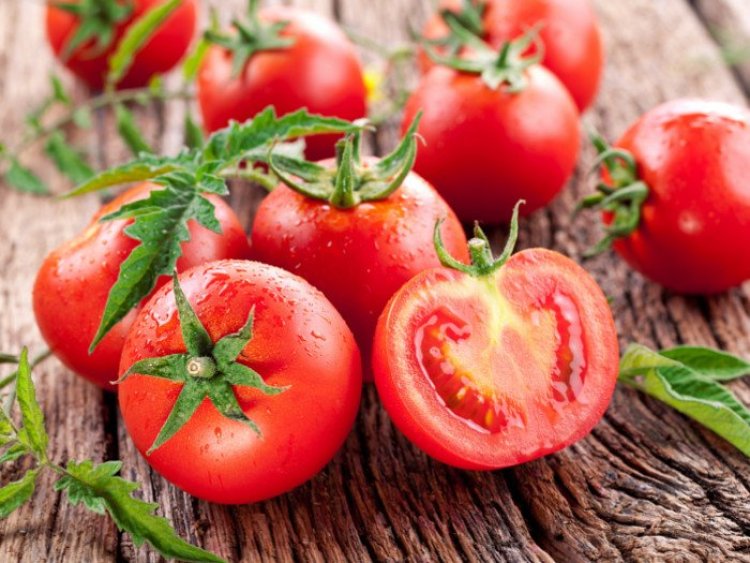"Revitalize the Pwalugu Tomato Factory to combat rising tomato prices" - traders to government
They are competing with traders, she claims, because farmers prefer to sell directly at marketplaces due to economic challenges.

To address the persistent rise in tomato prices, tomato traders are urging the government to restore the Pwalugu Tomato Factory and develop new tomato factories.
According to them, having a factory regulates the supply of tomatoes on the market, and the factory purchases and processes tomatoes that are going bad.
This year was the worst, according to Naomi Atuahene, a 25-year tomato seller.
Life would be easier for her if there were factories to process tomatoes before they went bad and avoid traders from losing money, she claims.
This will also discourage value chain participants from selling their goods at a low price.
"Tomatoes are aplenty in our marketplaces." We lose money if we don't figure out how to sell them, and vice versa. We lose money when we sell them too soon to avoid them becoming bad. We'll lobby the government to reopen tomato processing plants."
"I worked in the Pwalugu Tomato Factory during former President Kufuor's period, and I believe it truly helped to avert situations like these," she said.
Tomatoes have dropped in price by a surprising amount. A carton of tomatoes that cost around 3,000 in early May 2022 is currently selling for 300.
Tomatoes from a small paint bucket were sold for Gh100 at several big markets in Accra four weeks ago, but are now selling for Gh 30.
At the Alai Station in Accra, Joy Business spoke with some tomato dealers, and Matilda Baffour said that tomatoes are seasonal crops and that prices are falling due to an oversupply of tomatoes in the country's central belt.
"This is seasonal employment." There are times when we have too many tomatoes, and there are times when prices are excessively high, such as in April.
"Because tomatoes are a perishable item, stakeholders along the value chain are continually looking to sell their products without incurring significant losses, which is why there is such a rush on the marketplaces," she noted.
"Today, a carton of tomato can be purchased for Gh 300 or even Gh 200. Meanwhile, we buy at the same prices from the farm gates," she explained.
Olivia Baidoo, another merchant, noted that despite the abundance of tomatoes on the market, patronage is poor.
They are competing with traders, she claims because farmers prefer to sell directly at marketplaces due to economic challenges.
"Even if prices have dropped, they are still not buying." A box sells for Gh 300, but we get ours for Gh 200 at the farm gates. When you consider transportation, loading fees, and the cost of boxes, you'll see that we're losing money."
"Farmers are complaining about rising fertilizer prices and other things that are severely impacting their businesses." As a result, they'd rather come and sell directly to customers," she explained.

 Boakyewaa Lawrencia
Boakyewaa Lawrencia 



































